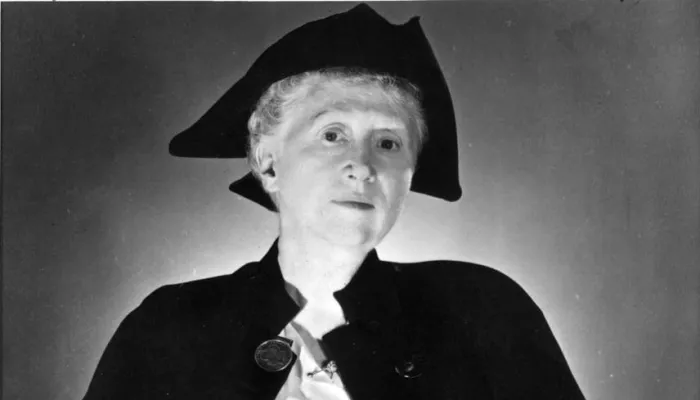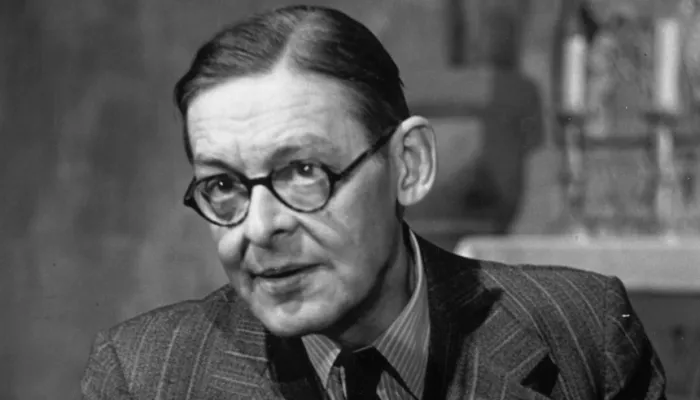Therese Estacion
Biography
Therese Estacion is the author of a Phantompains—a collection of poems (Book*hug Press), that explores her Filipinx heritage and physical disability. Phantompains was a finalist for both the 2021 Indies Foreword Reviews and 2021 CLMP Firecracker Award. She has been a guest editor for ARC poetry magazine and Feels Zine, and curated Smutburger’s 2023-2024 series. She has also worked as an assessor for the Ontario Arts Council and Canada Arts Council, and was an adjunct professor at the University of Toronto’s School of Continuing Studies. She is currently seeing clients as a psychotherapist in training. Her upcoming book, Jelly Bell: Essays on disability and vulnerability will be published by Book*Hug Spring 2026.
Micro-interview
There was no real opportunity for me to read poetry while I was in highschool. Our teachers mainly used whatever was considered canonical during that time period ie. Shakespeare, Dickens. However, I was an avid reader and loved reading Greek Mythology, Sci-Fi and the Bronte sisters.
I started writing poetry a year or two before my illness—which led to my amputations— and shortly after I was discharged from the rehabilitation hospital I spent 4 months going back and forth my surgery dates. I wrote quite a bit independently when I left the hospital. Previous to that, I wrote mainly for the poetry courses I signed up for as a way to pass my time after work. The poetry I wrote as a disabled person/person with a disability were driven by my desire to sublimate my grief, and to move away from loneliness and melancholy. The state I was in when I wrote these poems never made me feel like a poet. I don't know what it takes to feel like a poet. There's a part of me that resists defining myself as a poet due to the stereotype it conjures. I am more comfortable is saying, definitively, that I write poetry, than to claim my identity as a poet.
I think one of the role poetry plays, in my life anyways, is to act as an introduction to what my soul desires and feels, and to give voice or words to that desire. It also helps me feel less alone when I am in a state of disarray. Poetry can also remind me of a specific type of beauty and grace. One that is more crepuscular and mixed with tension.
I was inspired by anger and a desperate need to tell the Observer that disabled bodies/bodies with disabilities need and deserve privacy, especially when we are in public just doing day to day mundane things. The poem stems from a need to let the seer know that I, too, am a witness. This point of view can be a very empowering stance.
I would probably choose Anne Carson's From Red Doc. I loved that book and the piece offered in your anthology is a great one! I’d love the chance to play around with the different voices that inhabit the piece. Also, this piece seems to have both humour and tragedy coexisting and fusing in that strange apathetic way one often associates with mania. I think that would be interesting to embody.


